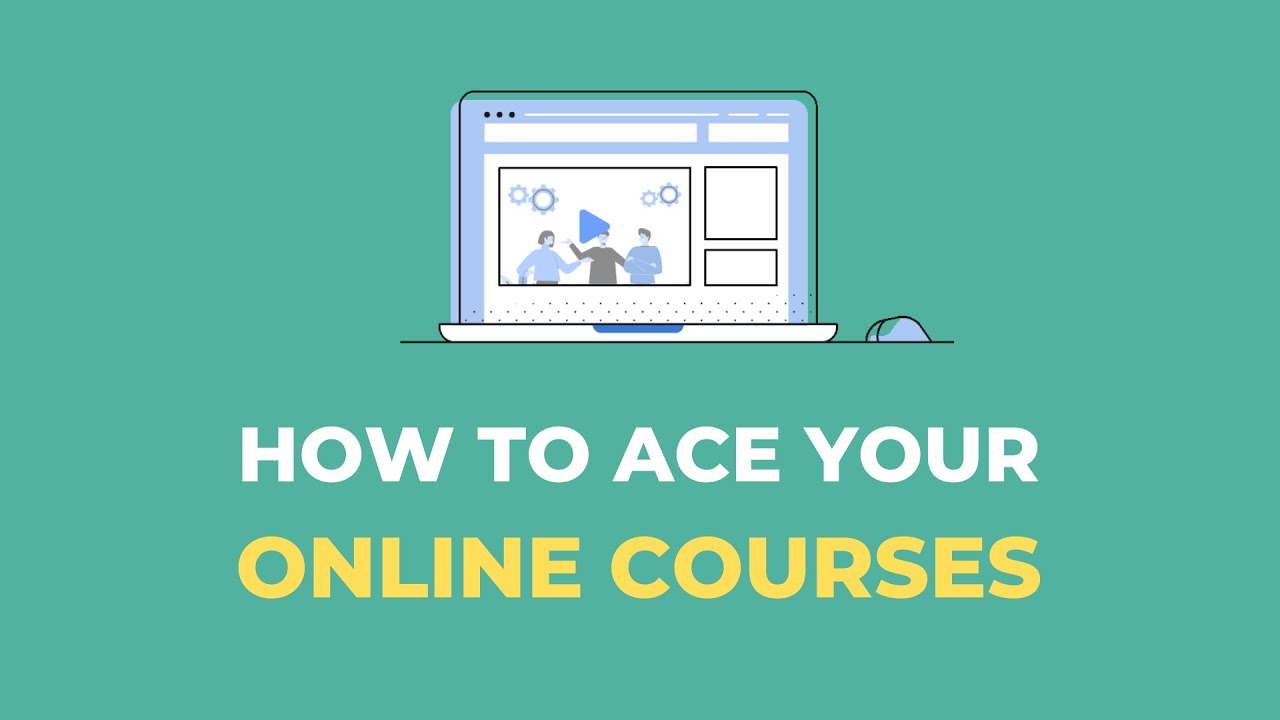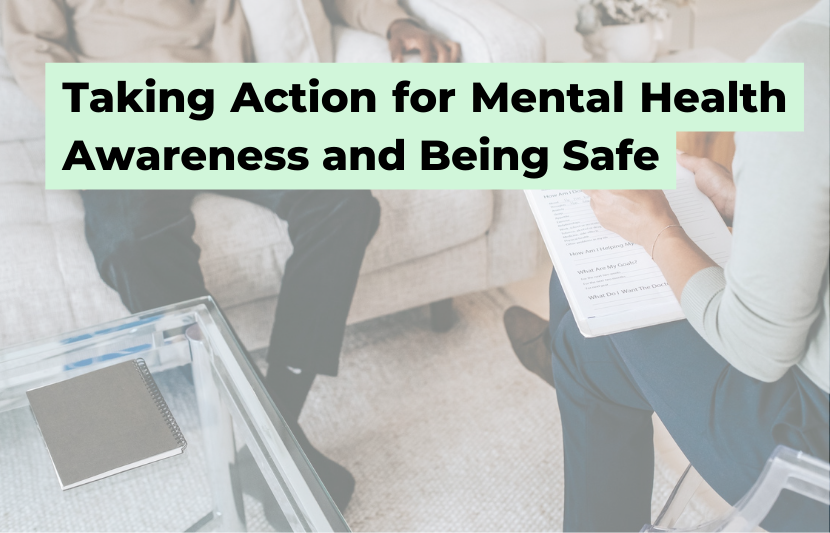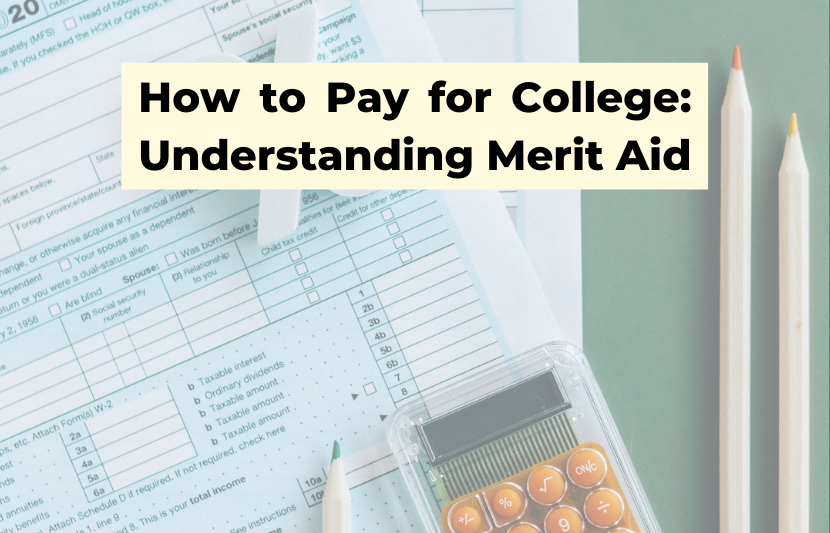In this episode of TUN TV, Dr. Crystal Rose interviews April Paris-Joseph, founder of Paris Educational Solutions, about college admissions and standardized testing.
Dr. Rose: Welcome to The University Network TV where we scan the globe to give students, their families, and educators the best tips for student success. Today, we are talking about standardized testing, which means many things. And so, we have invited a very special guest to walk us through, April Paris-Joseph.
Welcome, April.
Paris-Joseph: Hi. Thanks for having me, Crystal.
Dr. Rose: Could you please walk us through the various types of testing available for students?
Paris-Joseph: There’s so many different types of tests, but I’m going to focus on the ones that are really about college admissions. So, the first would be the PSAT/NMSQT – the National Merit Scholar Qualifying Tests, that’s the same test – and students take this in their junior year as a way to qualify to be a National Merit Scholar. That one actually has nothing to do with admissions. It doesn’t go to the colleges, and it doesn’t impact how your application is reviewed.
And then, there’s the SAT and the ACT, which have for years been kind of pitted against each other. For me, it doesn’t matter which one. They’re kind of just two different ways to approach the same bottom line test. And now, we live in this world of test-optional, thanks to COVID, where this has become a huge debate and schools have gone back and forth even midstream. There’s schools that are test-optional for admissions, but you need a test to get merit aid. So, it’s really complicated.
I personally lean on Akil Bello, another counselor, who came up with a great three-pronged set of questions. So, the first question students have to ask themselves is, “Should I prepare to take an SAT or ACT?” And let’s say you say, “Yes.” The next question is, “Am I going to take the ACT or SAT?” Let’s say, you say “Yes” to that. Then you get to ask, “Am I going to report these scores or not to the school?” Because if it’s a test-optional admissions process, you don’t have to do that.
So, that’s kind of the outline. I like my students to take the test because I believe in option creation. So, you want the option, that’s why it’s test-optional. Give me the option to submit or not submit. But you can’t have an option to submit if you don’t have a score.
The only way to get a score is to take the test. So, fine. If you’re taking the test, explain to me why you’re not going to prepare to do your best. That’s kind of where I’m coming from. I like all my students to prepare, take it, do the best they can, and then we’ll see where this leaves us. And we kept all the doors open that we could by going at it that way.
Dr. Rose: I like that – prepare, test, do the best you can. What are some of the factors students should weigh when making the decision of whether or not it’s worth it for them?
Paris-Joseph: Definitely. There’s definitely a few things. Students who really shouldn’t even consider not taking a test – too many negatives there. But the students who really need to take this – if you’re going into computer science, if you’re going into engineering, more often than not those programs prefer to see those test scores. We know that MIT and Georgia Tech are requiring test scores. Again, keep the doors open. You’d better take the test.
Are there students who could opt out of taking the test all together? Yes, there are a few, especially, I think, for our students who have any kind of neurodivergent challenge, if the College Board or the ACT is not approving their accommodation. So, if you’re a student that typically needs time and a half or double time in school, and you’ve been having that all these years, and now you come to the SAT or ACT, and those organizations say, “No, you can do this in the time with everyone else,” we should start asking the questions: Can you finish? Do you even have a shot at this really being something that showcases who you truly are? The answer probably is going to be, “No.”
Dr. Rose: So, you touched on it a bit. What are some factors that would incline a student to say, “No, don’t take it.”
Paris-Joseph: There’s this one where we know, for some reason, you just can’t be at your best and there’s also if you’re sure that you’re not going to apply to any school that’s demanding a test or is going to prefer a test. So, schools really will call themselves test-preferred. But some will – Yale and Georgetown have started to say, we prefer it.
And Georgetown I really appreciate, because they’ve been very honest about their preference to see scores. So, if you’re looking at that pool of schools, even if they say they’re test-optional, I think you want to take a test. But if you’re sure you’re not going to do any of that, which some students are, you may decide not to take the test.
Dr. Rose: Well, that’s really helpful in distinguishing and helping to make decisions. But how do you advise your students and families when to submit their scores or if they should submit their scores?
Paris-Joseph: That decision gets made not just one student at a time but one application at a time.
So, you really have to look at the student’s full profile. What does their transcript look like? What do their activities look like? And now how does that stack up in the pool of applicants they’re likely going to face at this particular institution?
Again, it’s likely because the pool is different every year and we don’t know the pool until after. And then there’s some judgment call. There’s a lot of counselors that have a rule of thumb: Are you above the 50th percentile with your score? Then we’re gonna submit it.
I don’t disagree with that. I think that’s a really good way to look at it, but it’s also a question of how does a score line up against your grades?
If you have a 4.0 and you’ve taken really rigorous classes and, for some reason, you can’t score over 1100 – 1100 may be over the 50th percentile of the school you’re applying to – but that is a mismatch. So, we’ve got to look at all the different pieces and how do you come together as an applicant and where are you applying.
Dr. Rose: Thank you very much for that wonderful, thoughtful and very logical overview to test or not to test. Thank you for joining, April.
Paris-Joseph: Thank you for having me.
Dr. Rose: And thank you very much for joining us today on this episode of The University Network’s television network. I’m your host, Dr. Crystal Rose. Until next time.
This interview has been edited for clarity.
For more exclusive interviews with experts who share their insight to help students succeed, check TUN TV!












